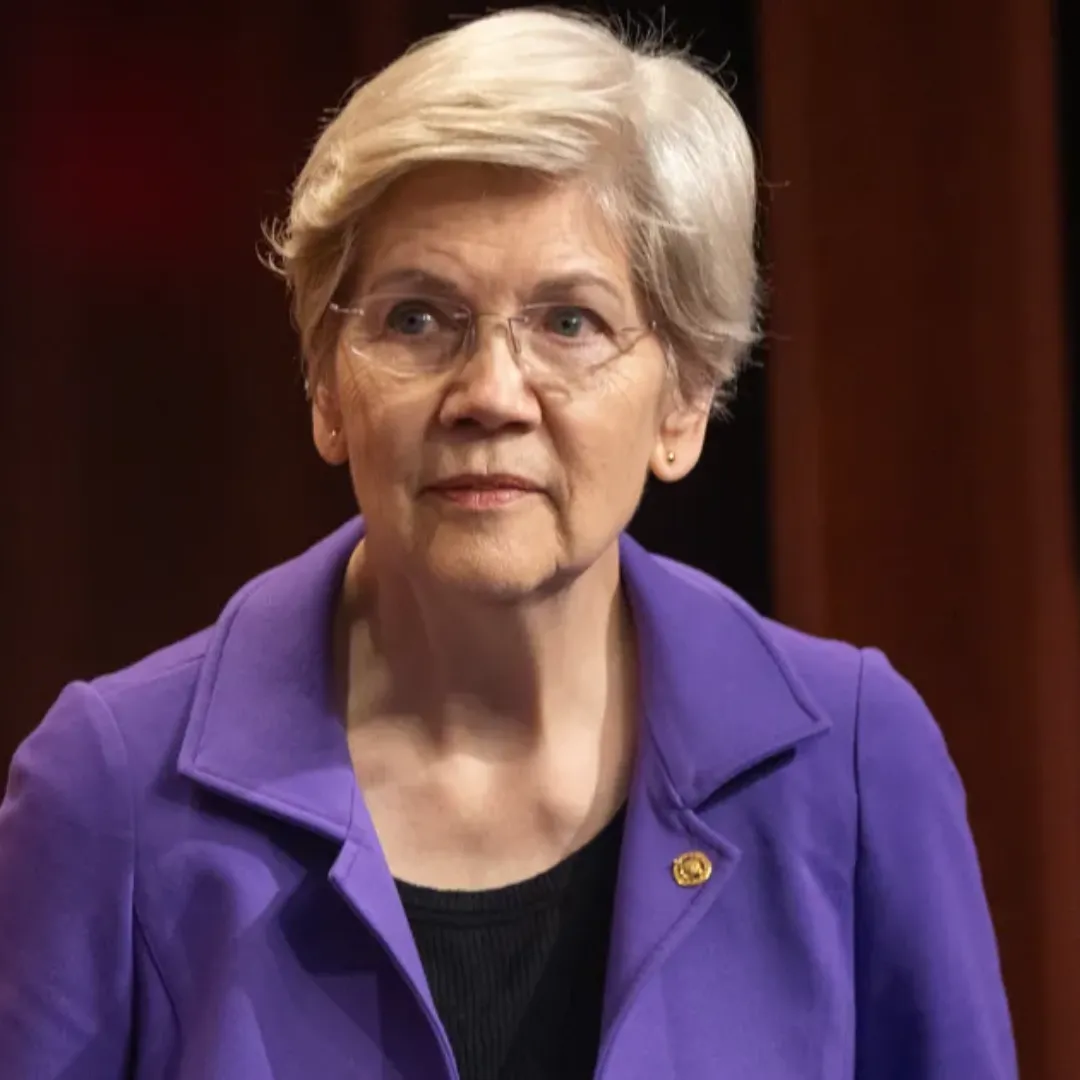President Donald Trump, during a recent interview with NBC News' Kristen Welker on "Meet the Press," claimed credit for the positive aspects of the U.S. economy while blaming his predecessor, President Joe Biden, for its shortcomings.
Trump argued that certain parts of the economy are a direct result of his policies, while other problems, such as inflation and stock market volatility, are a consequence of Biden's actions.
Trump pointed to the “good parts” as the “Trump economy,” contrasting them with what he referred to as the “Biden economy,” which he claimed has failed on multiple fronts. Trump’s remarks, made on Sunday, reflect his ongoing strategy of separating his economic legacy from the policies of the Biden administration.
The president took particular aim at the current state of the stock market, which has seen considerable turbulence in recent months. He acknowledged that the markets have been volatile since he imposed new tariffs on various countries, a key part of his trade policy.
However, Trump remained upbeat, suggesting that the tariffs, while causing short-term discomfort, would ultimately make the U.S. “very rich” and lead to a stronger economy in the long run.
"The tariffs are going to make us rich," Trump said confidently, referring to the “psychological” effect on the country’s economy. Despite the initial drops in the markets, Trump pointed to the recent rebound of the stock market as proof that his economic policies are taking effect.
The volatility in the stock market, however, has raised concerns among financial experts, many of whom warn that the tariffs have created uncertainty for U.S. businesses and consumers. Following his “Liberation Day” tariff announcement, the market saw a significant decline, only to recover after Trump announced a 90-day pause on some of the planned tariffs.
Critics argue that while the market may have rebounded, the long-term effects of the tariffs remain unclear. Trump, however, dismissed these concerns, saying that the country is in a “transition stage” and that the U.S. consumers may need to experience some short-term economic pain to reap the benefits in the future.
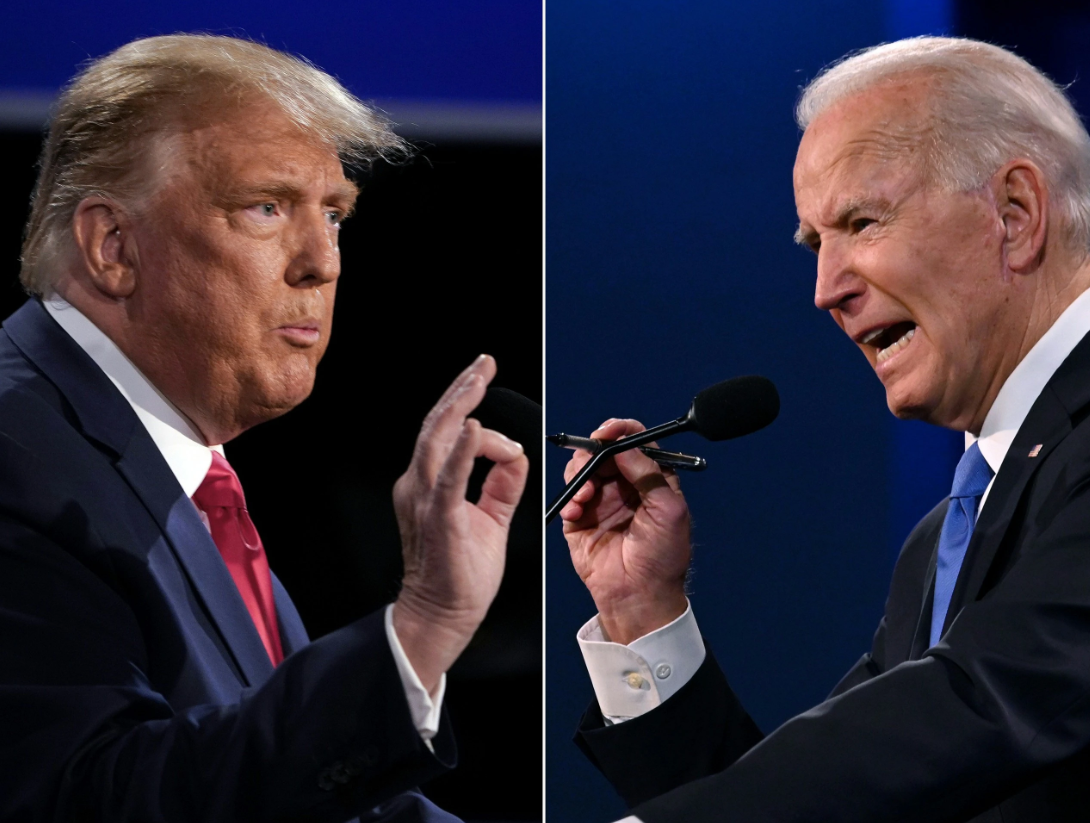
Trump’s rhetoric surrounding the stock market also sought to deflect blame for any economic downturn, attributing it to the lingering effects of Biden’s policies. The president claimed that the market’s difficulties were not his fault but rather a result of the policies left behind by the previous administration.
He told Welker, “I didn’t take over until January 20th. Tariffs will soon start kicking in, and companies are starting to move into the USA in record numbers. Our Country will boom, but we have to get rid of the Biden ‘Overhang.’” His comments reflect a common strategy among Republicans to frame economic issues as a continuation of Biden’s tenure rather than acknowledging the current administration’s own contributions to the situation.
Trump’s statements about tariffs were complemented by his suggestion that American consumers should accept a degree of discomfort in exchange for future prosperity. He downplayed the importance of minor inconveniences, such as a lack of consumer goods, claiming that they are a necessary sacrifice.
“I’m just saying they don’t need to have 30 dolls. They can have three. They don’t need to have 250 pencils. They can have five,” Trump remarked, attempting to reassure the public that they could tolerate temporary shortages as a result of tariffs. This comment was indicative of his broader argument that the long-term benefits of his policies will far outweigh the short-term pain.
Despite the claims of economic prosperity, many Americans remain concerned about inflation and the rising cost of living. Trump’s economic policies, including the imposition of tariffs, have contributed to higher prices for many consumer goods, and the administration’s handling of inflation has been a point of contention.
His insistence on blaming Biden for the current economic situation is seen by some as an attempt to deflect responsibility for the challenges facing American families. The president’s rhetoric may resonate with his base, but for many Americans struggling with rising costs, his arguments may appear disconnected from their day-to-day realities.
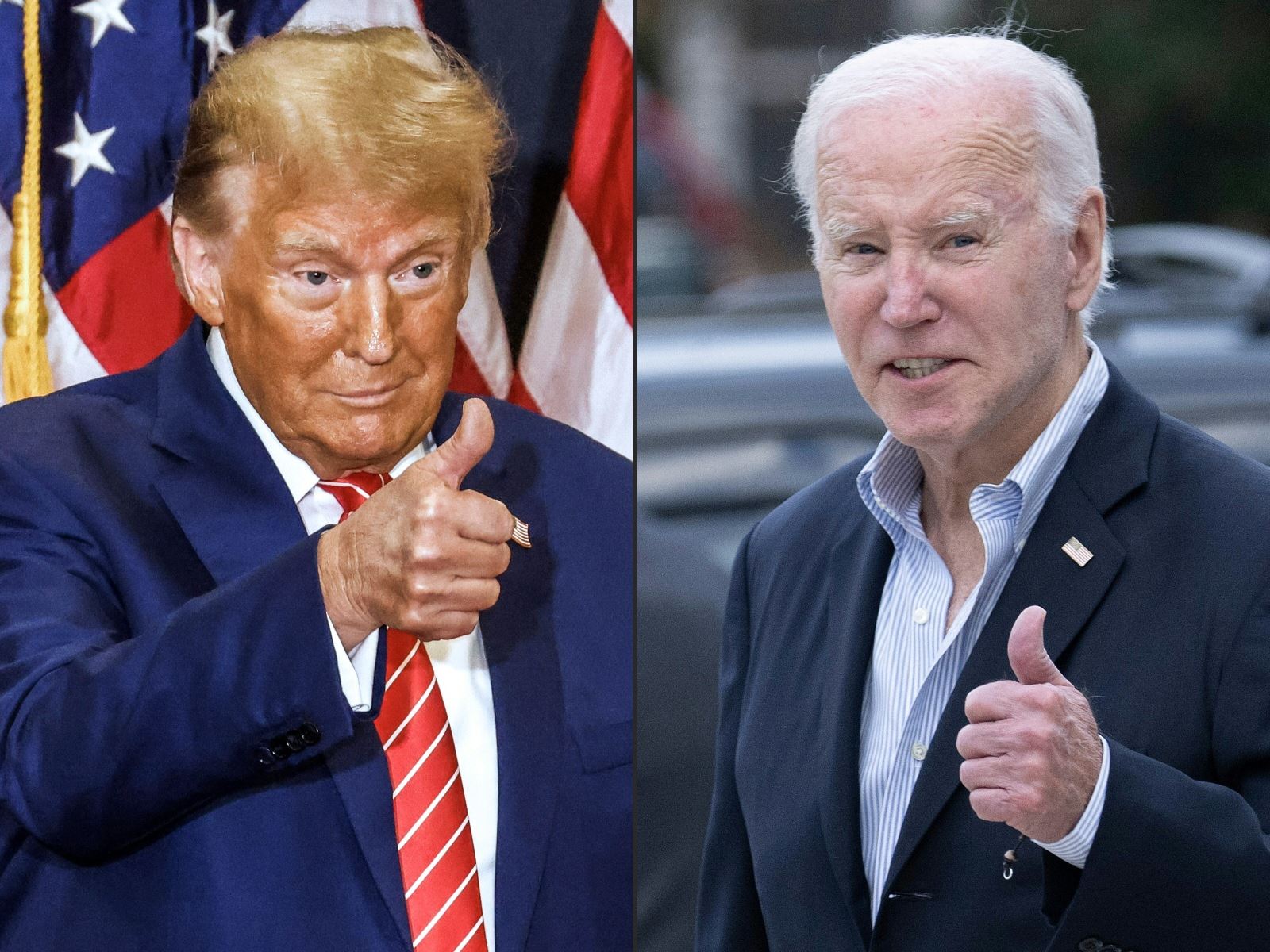
Trump’s approach to the economy has been to frame it as a battle between his administration’s policies and the failed strategies of the Biden administration. By consistently casting Biden as the architect of the nation’s economic problems, Trump seeks to create a narrative in which he is the solution to the country’s struggles.
He continues to point to the economic growth under his administration as evidence that his policies were effective, while using Biden as a convenient scapegoat for the economic challenges that persist. This strategy has allowed Trump to maintain the loyalty of his base, who remain deeply distrustful of the current administration and its handling of the economy.
While Trump’s claims about the economy are designed to reinforce his image as a successful leader, they also highlight the limitations of his policy approach. His reliance on tariffs as a tool to strengthen the U.S. economy has created significant friction with international trade partners, leading to retaliatory measures that have only added to the economic uncertainty.
Additionally, his attempts to downplay the economic difficulties faced by ordinary Americans are unlikely to resonate with voters who are struggling with rising prices and stagnant wages.
Trump’s portrayal of the economy as a contest between his policies and Biden’s has also been complicated by the realities of global trade and the ongoing challenges posed by the COVID-19 pandemic.
While Trump has touted his tariffs as a solution to trade imbalances, the reality is that the global economy is far more interconnected, and the U.S. is not immune to the ripple effects of global economic disruptions. As other countries retaliate against U.S. tariffs, it remains to be seen whether Trump’s vision of economic self-sufficiency will be sustainable in the long term.
The president’s strategy of blaming Biden for the economy’s struggles is unlikely to go unchallenged. Democrats and critics of Trump have repeatedly pointed to the structural issues facing the U.S. economy, such as income inequality, healthcare costs, and the need for comprehensive infrastructure investment.
While Trump continues to frame these issues as a consequence of Biden’s policies, it is clear that the challenges facing the economy are far more complex than a simple blame game. As the country continues to grapple with inflation, supply chain disruptions, and a shifting global economic landscape, it is becoming increasingly difficult for Trump to maintain his narrative of a booming economy under his leadership.
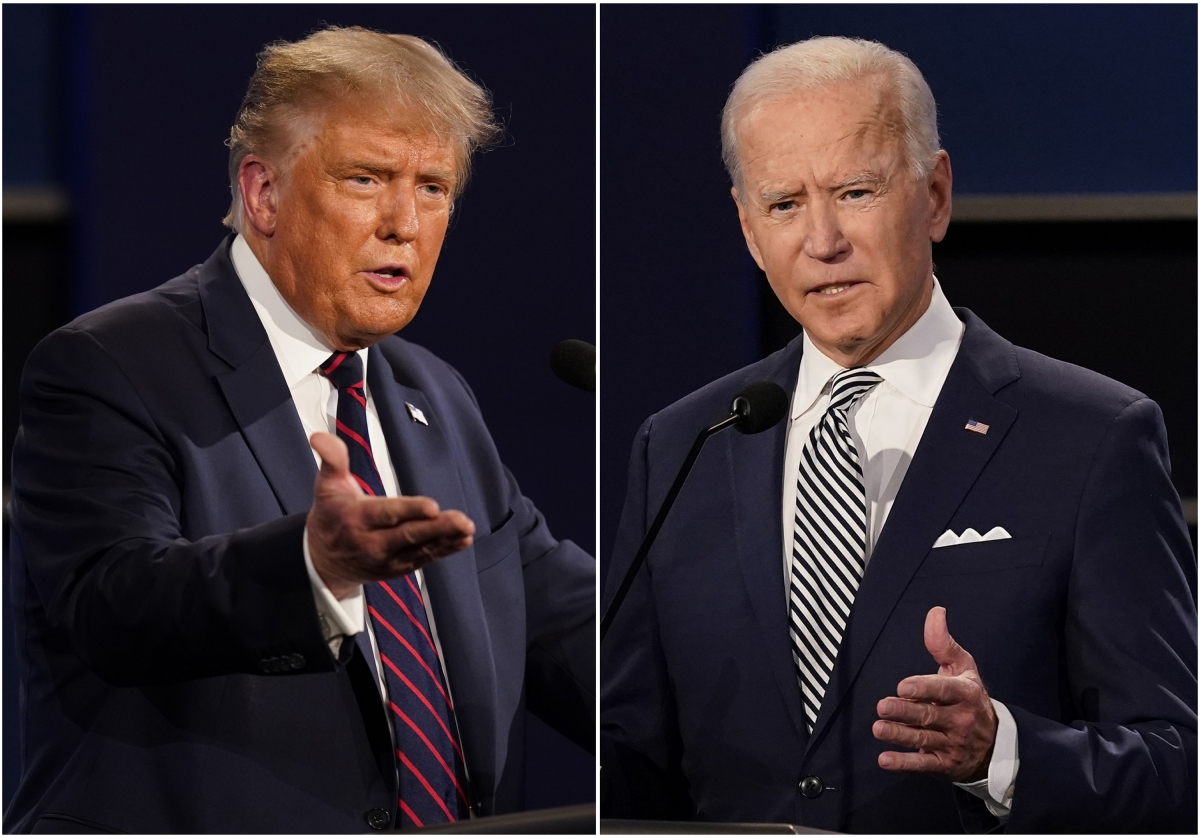
As Trump prepares for his 100-day milestone, the economy remains a central issue for voters. His attempts to shift the blame for the country’s economic difficulties onto Biden may be effective with his core supporters, but it is unclear whether this strategy will resonate with the broader electorate.
With rising concerns about inflation and the cost of living, Trump’s ability to maintain control over the narrative will depend on his ability to demonstrate tangible economic progress. While his claims of a “Trump economy” may appeal to his base, the reality of the nation’s economic struggles cannot be easily dismissed.
As the race for the 2024 election heats up, Trump will need to confront the economic challenges that continue to dominate public discourse and present a clear vision for how he intends to address the growing concerns of American voters. The coming months will be crucial in determining whether Trump’s economic messaging will be enough to carry him through the challenges ahead or if his opponents will successfully capitalize on the ongoing economic difficulties facing the nation.

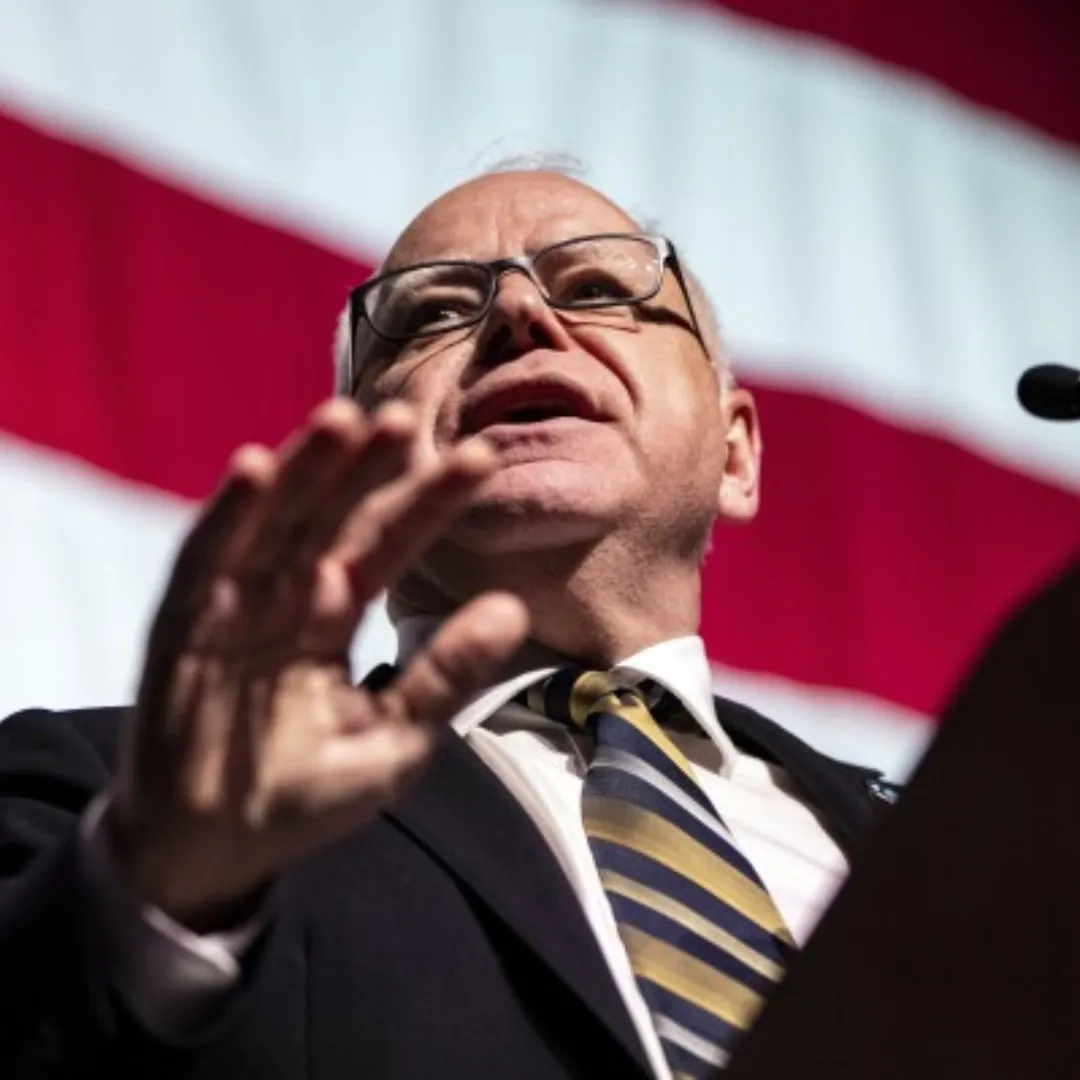
-1746381359-q80.webp)
